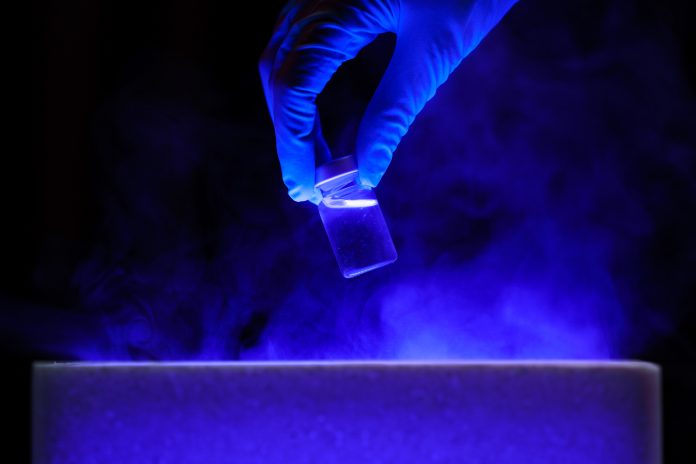Scientists usually take months to analyse potential mutations of the virus, but this new AI can create COVID vaccine candidates within seconds
A team at the Viterbi School of Engineering at the University of Southern California have created something that could turn the tide in how fast vaccines come into existence.
They created an AI framework that can significantly speed-up the analysis of COVID vaccine candidates and also find the best preventative medical therapies. This is at a time when more and more COVID mutations are emerging, bringing existing vaccine efficiencies into question.
Virologists are concerned that the mutations will evolve past the first vaccines. The UK even set up a genomic consortium to look solely at where these mutations are cropping up. In the global picture, while some poorer countries wait for access to the vaccine, they become sitting ducks for highly infectious mutations.
Could AI be the solution to pinpointing these mutations?
Decades ago, AI was an almost mythical entity. Artificial intelligence posed an obscure threat to the working lives of humans, to their privacies and their autonomies. Now, scientists are using AI as a carpenter uses a chisel, or an artist uses a paintbrush.
It could be one of the most useful tools in the global fight to subdue COVID-19.
When applied to SARS-CoV-2, the computer model quickly eliminated 95% of the compounds that could’ve possibly treated the pathogen and pinpointed the best options.
Essentially, a machine-learning model can accomplish vaccine design cycles that once took months or years in a matter of seconds and minutes.
“This AI framework, applied to the specifics of this virus, can provide vaccine candidates within seconds and move them to clinical trials quickly to achieve preventive medical therapies without compromising safety,” said Paul Bogdan, associate professor of electrical and computer engineering at USC Viterbi and corresponding author of the study.
“Moreover, this can be adapted to help us stay ahead of the coronavirus as it mutates around the world.”
The AI predicted 26 COVID vaccine candidates
The AI-assisted method predicted 26 potential vaccines that would work against the coronavirus. From those, the scientists identified the best 11 from which to construct a multi-epitope vaccine, which can attack the spike proteins that the coronavirus uses to bind and penetrate a host cell. Vaccines target the region of the contagion to disrupt the spike protein, neutralising the ability of the virus to replicate.
The study estimates the method can perform accurate predictions with over 700,000 different proteins in the dataset.
The raw data for the research comes from a giant bioinformatics database called the Immune Epitope Database (IEDB) in which scientists around the world have been compiling data about the coronavirus, among other diseases. IEDB contains over 600,000 known epitopes from some 3,600 different species, along with the Virus Pathogen Resource, a complementary repository of information about pathogenic viruses.
Professor Bogdan further commented: “The proposed vaccine design framework can tackle the three most frequently observed mutations and be extended to deal with other potentially unknown mutations.”











